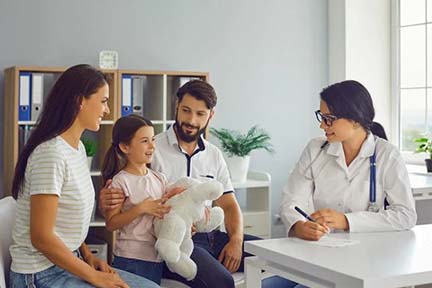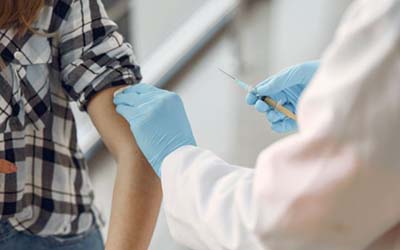|
Press Release
FOR IMMEDIATE RELEASE: Feb. 29, 2024
CONTACT: Lynn Sutfin, 517-241-2112, [email protected]
Michigan addressing racial disparities in overdose deaths through
harm reduction, other data-driven programs in upcoming year
More than 6,600 overdoses reversed through naloxone distribution
LANSING, Mich. – As part of Michigan’s efforts to reduce drug-related overdose deaths and decrease overdose racial disparities, the Michigan Department of Health and Human Services (MDHHS) is investing $10 million from opioid settlement funds in harm reduction programs in FY2024.
The State of Michigan is expected to receive more than $800 million over 18 years as part of the $26 billion nationwide settlement with the three largest pharmaceutical distributors as well as opioid manufacturer Johnson and Johnson.
“Michigan has been a leader in distributing opioid funds and ensuring the care, health and well-being of residents in need, and we will continue to lead in this area,” said Dr. Natasha Bagdasarian, chief medical executive and Michigan Opioids Task Force co-chair. We have been recognized as a national leader in harm reduction by the National Governors Association.”
Michigan experienced one of the highest rates of overdoses in the country in 2017, but by 2021 had improved to a rate better than the national average. When comparing 2023 to 2022, Michigan continues to experience promising decreases in overdoses. However, these decreases are not representative of all Michigan residents, with Black residents overdosing at a rate 2.7 times higher than white Michigan residents based on preliminary January to June 2023 data. In 2022, there were 2,998 overdose deaths, 840 (28%) of those deaths among Black residents.
“We are addressing disparities by prioritizing the needs of vulnerable populations as we distribute settlement dollars across the state,” said Tommy Stallworth, MDHHS senior advisor and consultant. “As the former director of the Governor’s Coronavirus Racial Disparities Task Force, the opioid epidemic is another tragic example of the need to address racial disparities in health care. As such, we are making sure that equity is at the core of all decisions we make about allocating opioid settlement funds, targeting programs and also ensuring our decisions are made with the supporting data in mind. Everything we do must be designed with the goal of measurably reducing overdose deaths and eliminating racial disparities.”
Naloxone kit distribution, drug test kits helping save lives
Michigan has distributed more than 730,000 naloxone kits and recorded over 6,600 overdose reversals since the 2020 launch of Michigan’s Naloxone Direct Portal, which provides the opioid overdose reversal medication at no charge to community groups. In FY23, opioid settlement dollars funded the distribution of nearly 150,000 kits, resulting in the reversal of nearly 2,600 overdoses. Nearly 25,000 naloxone kits were distributed in both Detroit and Flint.
As part of the effort to get naloxone into the hands of communities of color, The Youth Connection in Detroit has provided in-person and virtual trainings on naloxone administration for 6,727 individuals and distributed 7,600 naloxone kits. Training has been provided to numerous community organizations, including law enforcement, block clubs, churches, schools and senior facilities.
“Making sure a variety of community members know how to use and have access to naloxone is key to being able to address overdoses, which can happen in any setting,” said Dr. Grenae Dudley, president and CEO of The Youth Connection. “Naloxone saves lives and we have received reports of 100 overdose reversals by participants of our trainings.”
Additionally, in FY23, 73,352 fentanyl test strips and 5,392 xylazine test strips were distributed. This includes nearly 6,500 test strips in Detroit. Data indicates people using drugs practice safer use when knowing these substances are present.
Additional efforts designed to address disparities slated for the coming year include adding the distribution of naloxone and fentanyl strips to community wellness centers across the state with an emphasis on communities of color. These centers are located in trusted community partners including churches and other community locations.
Additional information regarding proposed programming under Michigan’s Opioid Healing and Recovery Fund is provided on the opioids settlement website. |







